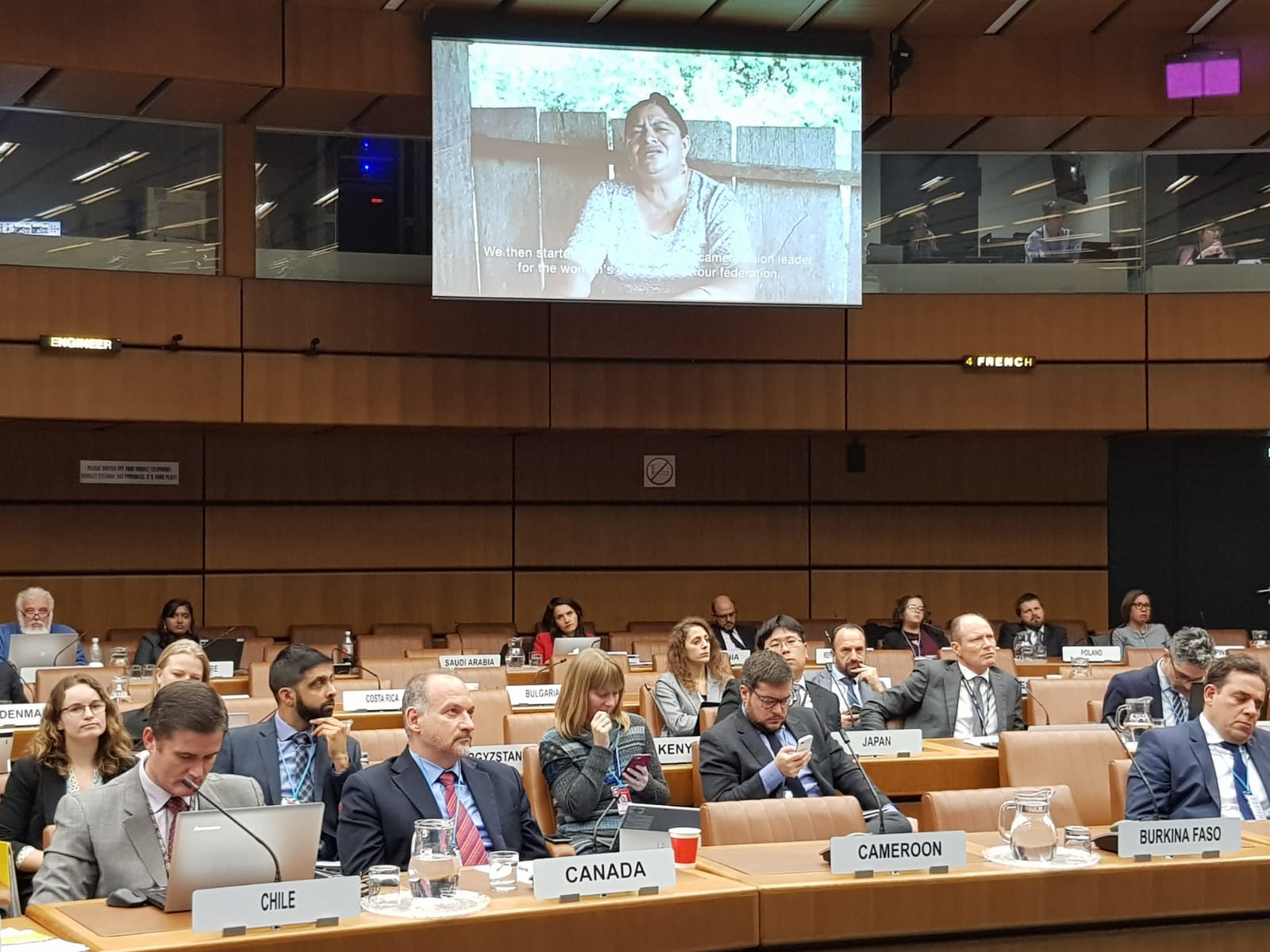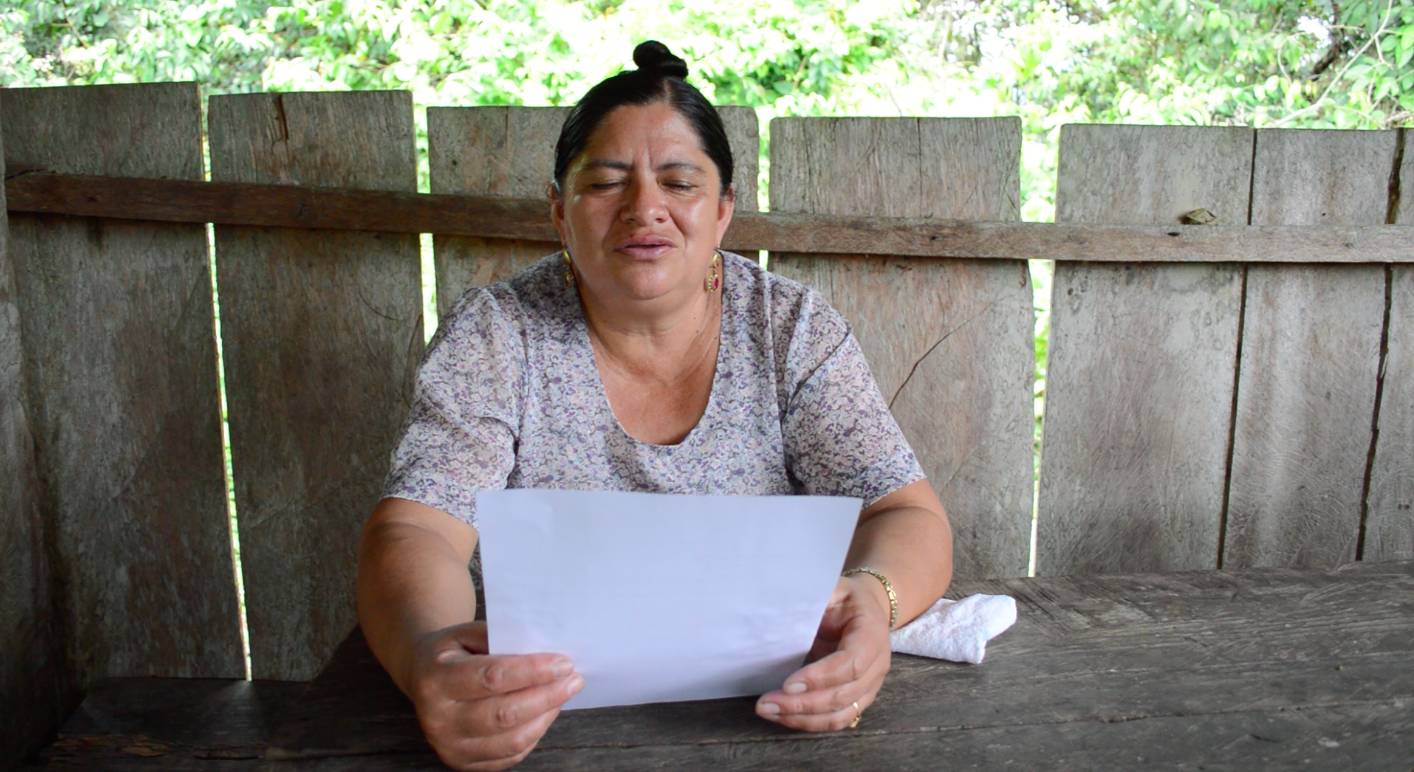Coca Reduction, Development, and Human Rights Impacts on Coca Growing Women and Their Communities

Today marks the third day of the Vienna Commission on Narcotic Drugs’s (CND) 4th intersessional meeting in preparation for the 2019 CND Ministerial Segment. AIN submitted a video statement from collaborator and coca grower Roxana Argandoña.
In this video, Roxana discusses failed alternative development projects in Bolivia, forced eradication, regional and international cooperation on development projects and drug control policy, and addressing the underlying socio-economic issues in coca growing communities.
Roxana has over 25 years of experience working with coca growing unions and civil society organizations in Chapare, Bolivia. She has served as union women’s secretary, union leader, deputy mayor and councilwoman. She is currently working as a secretary and union leader in two unions. Roxana is a frequent collaborator for AIN, providing key information on gender and human rights analyses, coca monitoring, and sustainable development policies in producer regions.
Abstract
Between the late 1980s and 2004, the U.S. war on drugs had a devastating effect on coca growers from the Chapare region in Bolivia. U.S.-funded forced eradication policies paired with failed alternative development projects led to violent conflicts between indigenous coca farmers and government troops. Coca grower and union leader Roxana Argandoña experienced this violence firsthand. Several decades in union work and public office have equipped her with the knowledge and skills to evaluate the damage and inefficacy of forced eradication and conditioned alternative development practices through a gender perspective. Argandoña advocates the inclusion of women growers and organizational leaders in the development, implementation, monitoring, and evaluation of drug policies. The current model of community coca control is an integrated and balanced approach for coca crop control that respects the human rights and well being of women, families, and vulnerable members of society.
Click here to access the video statement.

